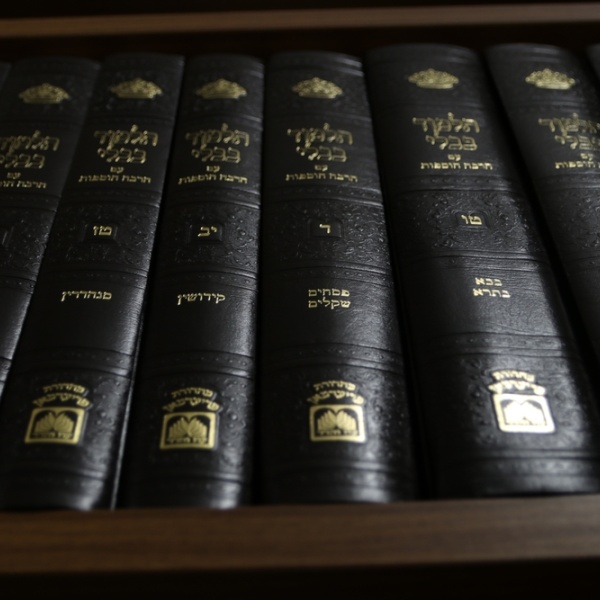
Canadian law requires one to keep tax records for six years, after which time they can be destroyed and government audits are no longer possible. Talmudic law was not quite as onerous, requiring one to keep supporting documentation for up to three years only.
The opening Mishna of the third chapter of Bava Batra (28a) teaches that one can acquire ownership of real estate by demonstrating that one has lived on the property or worked the field for three years. The claimant’s explanation that he bought the property (or it was gifted to him), but he no longer has any documentation to back up his claim is believed. This, despite the fact that the original owner may have reams of evidence demonstrating that he had owned the property for years, and all acknowledge this to be the case[1].
Why three years’ possession grants one a chazakah, presumptive ownership, is a subject of Talmudic debate. Rava (Bava Batra 29a) initially claimed it is based on the notion of mechila, acquiescence, that one might be willing to let another live on their property for one year, maybe two years, but definitely not three. The Talmud rejects this theory as unworkable, as the amount of time one might be willing to allow another to work their land varies wildly, making it impossible to set a general rule of how long it should take to get a chazakah. As the Talmud notes, if we adopted this reasoning one could acquire a chazakah on land owned by “the Elyashiv family” immediately, as they would not allow anyone near their property.
Rava proposes an alternate explanation, a bottom-up approach driven not by legislation, but by market norms. There is nothing sacred about the three year time period, other than the fact that people were wont to keep records for only three years, after which time they “were not careful” to store them. Thus, the claim that one had purchased the land and had been living uninterrupted for three years without the original owner protesting is given full credence. If the original owner did register such a protest, the “squatter” is put on notice and his claim of purchase would not be believed unless he has documentation to back up his claim.
Despite the difficulty of travel in the ancient world and the lack of modern methods of communication, the timeline for a chazakah does not change regardless of where the original owner may be. “Your friend has a friend who has a friend”, and while it may take many months, one is expected to hear from his “friends” that his home is being occupied. The claim of the original owner that he was “in Hodu or Cush”, and thus unaware of someone squatting in his field, is rejected[2]. One does not leave home and become totally oblivious to what is happening – unless one is willing to lose one’s assets.
This argument cuts both ways. The squatter cannot claim he did not hear of the protests registered in Hodu – he, too, has friends who have friends who have friends who should bring him word of the claim against him. And if he wants to keep the property, he had better be careful to maintain his documentation.
If chazakah is based on the fact that it took up to three years for news to travel back and forth, then in modern times, it should be possible to establish a chazakah almost immediately[3], or the length of time it takes to check one’s email. On the other hand, with today’s ease of maintaining records indefinitely, occupying property even for many, many years should be of little help in establishing a chazakah, as a claim of lost records is of little credence. Changing circumstances require both parties to demonstrate vigilance.
[1] The laws of real estate are in stark contrast to those involving movables. Regarding the latter, halacha views possession as 10/10ths of the law. One who is in possession is deemed the owner, and we do not ask how he acquired the object. Those claiming ownership must bring proof that the object belongs to them.
[2] It is likely due to the fact that people would travel for such long periods of time that Rava entertained the idea that a chazakah is based on the acquiescence of the original owner. Being far from home, the owner might have actually been relieved to have someone squatting in his field offering free home protection.
[3] It is this advance in modern methods of communication that has pretty much solved the classic agunah problem of a missing husband. It is so easy to communicate that a lack of communication can often be used as evidence that the missing husband is likely dead, allowing his widow to remarry.
